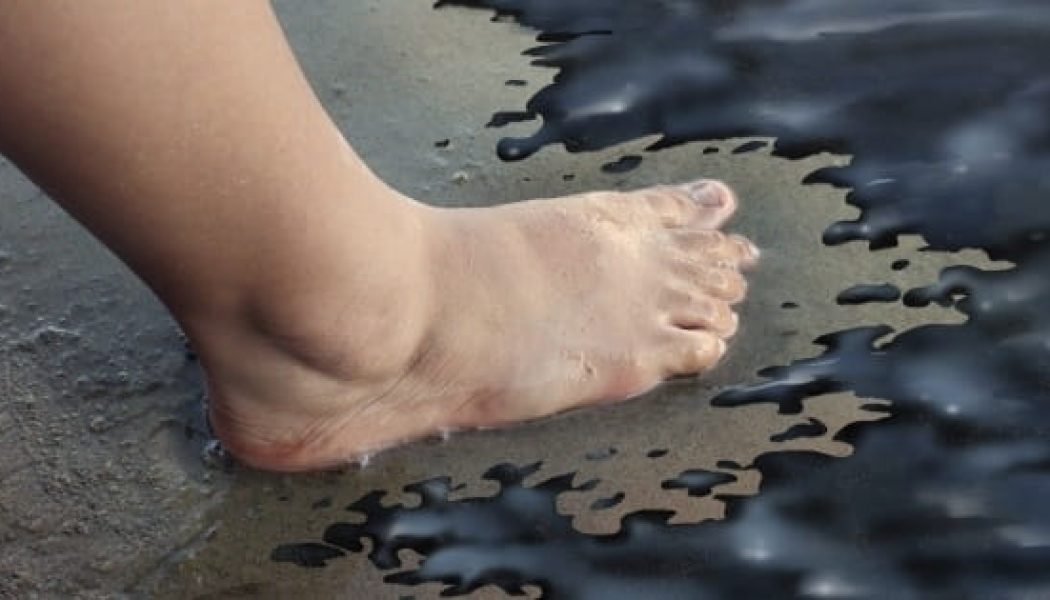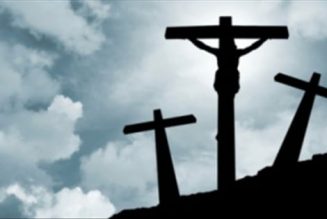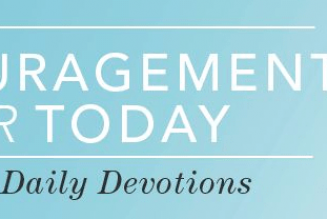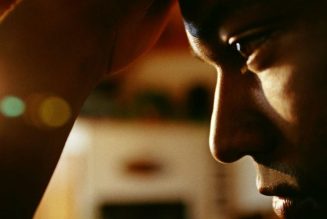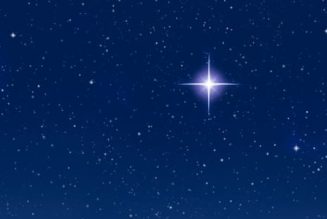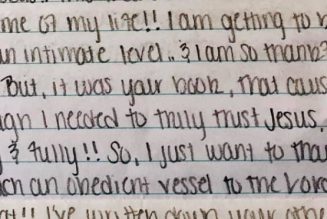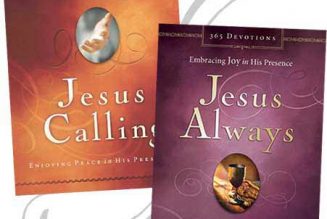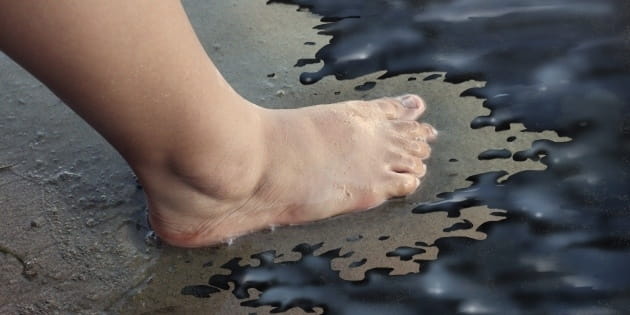
Then God said, “Let us make man in our image, after our likeness. And let them have dominion over the fish of the sea and over the birds of the heavens and over the livestock and over all the earth and over every creeping thing that creeps on the earth.” (Gen. 1:26)
What It Means to “Have Dominion” Over Creation
One reason Christians have been particularly weak in dealing with ecological issues and the deterioration of the natural environment is a misunderstanding of what it means to “have dominion” over creation.
Dominion does not mean destruction, but responsibility. It is important to avoid flawed convictions about the right and power of humankind in relation to the rest of the natural world. Francis Schaeffer elaborates:
Fallen man has dominion over nature, but he uses it wrongly. The Christian is called upon to exhibit this dominion, but exhibit it rightly: treating the thing as having value itself, exercising dominion without being destructive. The church should always have taught and done this, but she has generally failed to do so, and we need to confess our failure . . . By and large we must say that for a long, long time Christian teachers, including the best orthodox theologians, have shown a real poverty here.
How We Image God in Dominion
It is true that a false view of dominion has played a role in the mistreatment of creation, but a correct understanding of the concept can lead to service, responsibility, and stewardship.
As Genesis 1:26 tells us, our being the image of God is directly connected to our “having dominion.” The image of God is a quality that pertains to our relationship with God. All creatures have their common origin in God, who not only created all that is but who continues to be active in the world, seeking their shalom.
Imitate Jesus
Our calling within the created order is to image the Creator. When this is applied in a serious and consistent manner, the idea of human dominion over all creation must be reinterpreted as something other than destruction. The lordship of Jesus should be our model for understanding how we relate to the natural order. This means that dominion should be expressed as service—sacrificial service of the others with and for whom we are responsible—rather than mastery.
To be the image of God implies that, standing within the relationship with God, the human creature reflects God’s vicarious and gracious relating to other humans and creation. To image and love God means to love others and care for creation. This is why the Anglican tradition prays, “Lord, give us all a reverence for the earth as your own creation, that we may use its resources rightly in the service of others and to your honor and glory.”
Love Your Neighbor
Theologian Douglas John Hall asks, “What kind of love for the neighbor would manifest itself in greedy and rapacious attitudes toward the earth, its resources, and its species? Can one possibly be said to love God and one’s own kind if one treats God’s creation and one’s neighbors’ habitat with disrespect?” The question becomes all the more significant if it is asked with the understanding that our “neighbor” includes a global community and the generations yet to come who will inhabit and inherit the kind of biosphere that is left after we are gone.
Making All Things New
God gives us the opportunity to reflect him in his work of caring for and transforming all of creation. To follow this aspect of our multifaceted calling as humans is to image in our lives the One who is at work in the world and in human life, creating, sustaining, and liberating creation. Jesus’ resurrection is God’s first step in making all things new, which will culminate in a renewed world that completely honors Jesus, who rules it.
Justin Holcomb is an Episcopal priest and theology professor at Reformed Theological Seminary and Gordon-Conwell Theological Seminary. He wrote On the Grace of God, Know the Creeds and Councils, and Know the Heretics. Justin also co-authored with his wife, Lindsey, Is It My Fault? and Rid of My Disgrace. You can find him on Facebook, Twitter, and at JustinHolcomb.com.

